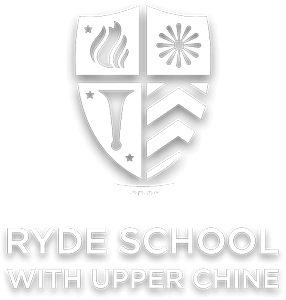- Home
- Sixth Form
- Courses at Sixth Form
- IB Geography
The ability to view issues from a wider perspective means Geography can usefully be combined with other Science or Arts subjects. Thus, the flexibility of geographers keeps them in demand for a much wider range of careers than prescriptive subjects can offer. Geography has been defined amongst the key “facilitating” highly regarded subjects in a guide compiled by the Russell Group (20 leading UK universities).
ENTRY REQUIREMENTSGCSE Geography Grade 6. If you have not studied Geography at GCSE we will expect English Literature or Language and Sciences at Grade 6 or above. WHERE THIS SUBJECT CAN TAKE YOUPursuing a pure geography degree will immerse you in the most pressing issues facing modern society, such as population dynamics, climate change, resource security and natural disasters. Many universities offer the flexibility of combining geography with other disciplines such as Oceanography, Environmental Science, Geology, Zoology, Politics, Economics and various languages. Highly respected by employers, it serves as a bridge between science and humanities. Pupils from Ryde have gone on to careers as digital mapping experts, mineral extraction managers and environmental surveyors for the Ministry of Defence. 24 GEOGRAPHY COURSE CONTENT/STRUCTUREPart 1 – Geographical Themes (2 at SL and 3 at HL)
Part 2 – Core (SL and HL)
Part 3 – Core Extension (HL only)
Internal Assessment ASSESSMENT Core Themes: 35% (SL & HL) (2hrs 15mins) Exams are in May of the Upper Sixth. Questions are open- ended and allow the freedom to discuss, offer opinions and evaluate.
|











